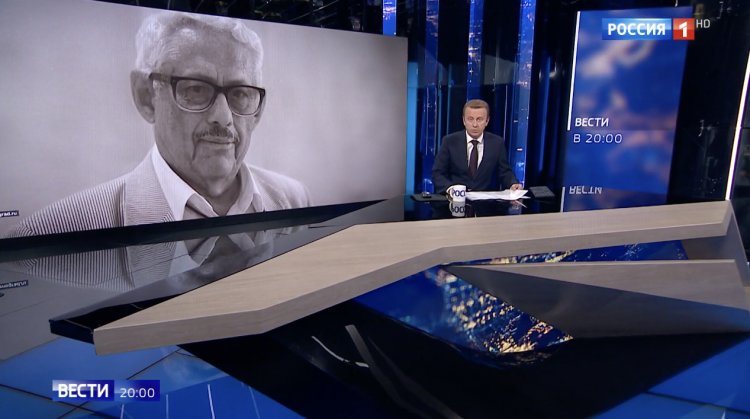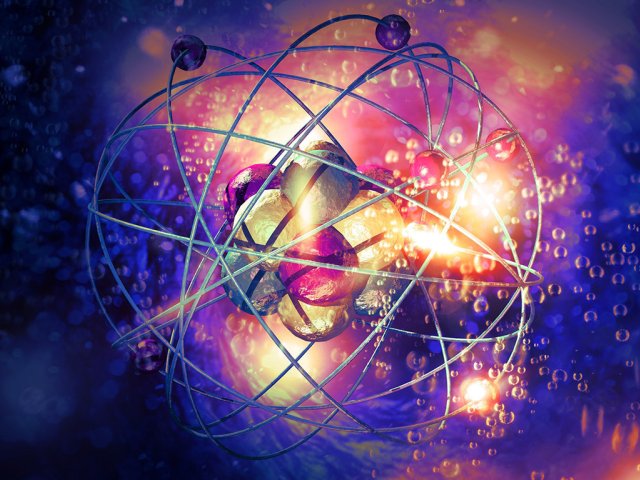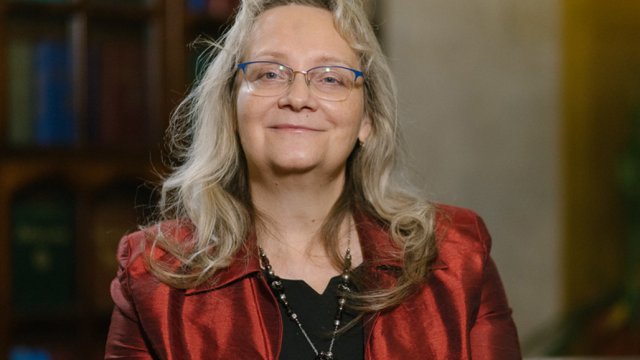The world-famous physicist Vladislav Pustovoyt was an RAS Academician, the winner of five-state prizes, whose works help uncover the secrets of the emergence of the Universe. His suggested method for detecting gravitational waves has made his name permanent in the history of science. The idea of Russian genius was implemented more than half a century after it was put forward. He was 84 years old.
“He suggested a way of measuring the Big Bang, the explosion that gave rise to the Universe.
Back in 1962, physicists Vladislav Pustovoyt and Mikhail Gerzenstein came up with a method of measuring gravity waves that were predicted by Einstein’s theory of relativity but remained elusive at the time. That said, Pustovoyt understood as a physicist that these waves must exist. But how to record them? So, he published a paper with a detailed proposal – a device of laser emitters is needed, known as Michelson interferometer. Pump out the air and shield away from the light. <...> Gravity waves are usually explained using marked tissue and balls – the effect of motion of giant bodies on space-time is highly similar. The fusion of neutron stars or two black holes gives the very energy of a gravity wave that is transmitted unhindered throughout the Universe at the speed of light. One only has to read the wave, and the way to do so is to observe microscopic changes in the radiation of the interferometer.”
President of the Russian Academy of Sciences, Alexander Mikhailovich Sergeev: “He was indeed an outstanding Russian scientist who has achieved a lot. For our science and technology alike. His main discovery was the discovery of the gravity wave detection method which was then implemented in a number of setups. And at these setups, gravity waves were detected for the first time in 2015.”
Pustovoyt always hoped that this interferometer would be built in Russia as well as an advanced scientific instrument comparable to a collider or thermonuclear reactor. He brought science closer to the very revolution in physics that has yet to happen.
To know more, watch a video in Vesti at Russia 1.
Photo: Screenshot of the Vesti program TV channel Russia 1






















